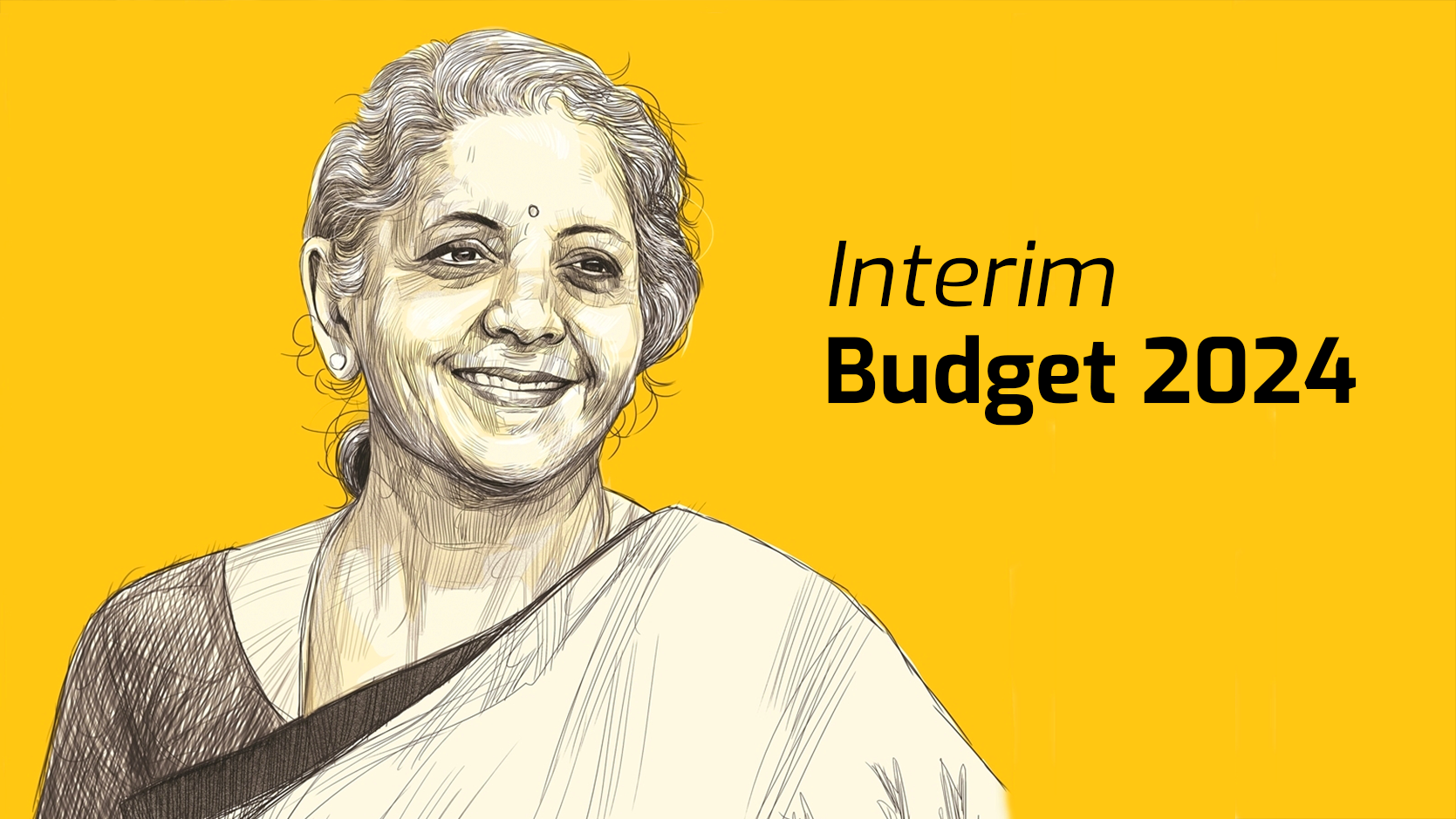How to Prepare for UPSC: Although preparing for the UPSC Civil Services Exam can seem overwhelming, it is feasible to fulfill your dream of becoming a civil servant with the correct mindset, commitment, and careful planning. To win in the extremely tough Civil Services Examination, UPSC preparation entails creating a well-organized study plan, putting forth constant effort, and adopting a laser-like focus.
One of the most competitive exams in India is the UPSC Exam. It serves as a springboard for careers in the Indian Foreign Service, Indian Administrative Service, and other esteemed governmental services. Although the road ahead is lengthy and difficult, success is achievable if you are prepared to put in the necessary effort and commitment. You can use this page as a subject-specific UPSC preparation guide for the Prelims, Mains, and Interviews.
How to Prepare for UPSC: Important Tips
Using successful tactics is essential if you want to increase your chances of passing the UPSC CSE exam. First things first, comprehending how to be ready for UPSC necessitates segmenting the preparation procedure into achievable parts, which are as follows:
- A minimum of one year before the preliminary exam, begin your preparation.
- Review the Preliminary and Mains exam syllabus.
- Examine the previous years’ preliminary and main exam question papers.
- Start routinely reading the newspaper and taking brief notes on items that interest you.
- After reading the foundational NCERT books, review the pertinent textbooks for the UPSC syllabus.
- Take brief notes online or on paper, however, it is most comfortable for you.
- Create a timeline with the long-term and daily goals you want to accomplish.
- Attend coaching sessions regularly and revise the material provided.
- Use social media and the internet wisely in your preparation.
- Take a look at the fundamentals of composing responses.
- Enrol in a Preliminary and Main Exam Test Series. It will assist you in discovering your advantages and disadvantages.
- To support one another, form discussion/answer writing groups.
- At the very least once a week, make revisions to the material you have been reading.
Subject-Wise UPSC Preparation Strategy
Here we have provided the subject Wise UPSC Preparation Strategy –
1. General Studies (GS)
- Understand the Syllabus: Familiarize yourself with the UPSC GS syllabus.
- Current Affairs: Stay updated with current events through newspapers, magazines, and reliable online sources.
- Conceptual Clarity: Focus on understanding concepts rather than rote learning.
- Practice: Solve previous years’ question papers and take regular mock tests.
- Note-making: Make concise notes for quick revision.
- Revision: Regularly revise notes and practice papers.
2. History
- Chronological Approach: Study history in a sequential manner.
- Understand Concepts: Focus on understanding the causes, consequences, and significance of historical events.
- Referencing: Use standard history textbooks and reference materials.
- Timeline Creation: Create timelines for different periods to aid in better understanding and retention.
- Connect Events: Understand the interconnections between different historical events and periods.
- Practice Questions: Solve previous years’ questions and practice writing answers.
3. Geography
- Conceptual Understanding: Focus on understanding physical, human, and economic geography concepts.
- Maps: Practice map-based questions regularly.
- Current Affairs: Relate geographical concepts to current events.
- Diagrammatic Representation: Use diagrams and maps to explain geographical phenomena.
- NCERT Books: Refer to NCERT geography textbooks for basic concepts.
- Field Trips (if possible): Visit geographical sites to understand concepts practically.
4. Polity
- Indian Constitution: Study the Constitution thoroughly, focusing on its features and amendments.
- Current Affairs: Relate constitutional provisions to contemporary issues.
- Governance: Understand the structure of government, its functions, and administrative mechanisms.
- Judiciary and Executive: Study the roles and powers of the judiciary and executive branches.
- Practice: Solve mock tests and practice questions on constitutional provisions and governance.
5. Economy
- Basic Concepts: Understand fundamental economic concepts such as GDP, inflation, fiscal policy, etc.
- Current Affairs: Relate economic concepts to current events and government policies.
- NCERT Books: Refer to NCERT economics textbooks for basic understanding.
- Budget and Economic Survey: Analyze the Union Budget and Economic Survey for key economic indicators and policies.
- Diagrams and Graphs: Use diagrams and graphs to explain economic concepts effectively.
- Practice: Solve numerical problems and practice answer writing.
6. Optional Subject
- Interest and Strength: Choose an optional subject based on interest and proficiency.
- Thorough Study: Study the optional subject in depth, covering both static and dynamic aspects.
- Previous Years’ Papers: Analyze previous years’ question papers to understand the pattern and types of questions asked.
- Reference Material: Refer to standard textbooks and reference materials recommended for the optional subject.
- Practice: Solve as many practice questions and mock tests as possible to improve proficiency in the optional subject.
- Revision: Regularly revise concepts and practice answer writing for the optional subject.
How to Prepare for the UPSC Interview?
- Know Yourself: Understand your strengths, weaknesses, and experiences.
- Stay Updated: Keep up with current affairs and relevant topics.
- Practice: Do mock interviews to gain confidence and refine your answers.
- Review Your DAF Thoroughly: Be prepared to discuss everything mentioned in your DAF, including your educational background, work experience, hobbies, and interests.
- Be Honest: Be truthful and authentic in your responses.
- Stay Calm: Keep your composure and remain confident during the interview.
- Review: Reflect on your performance afterward to identify areas for improvement.






